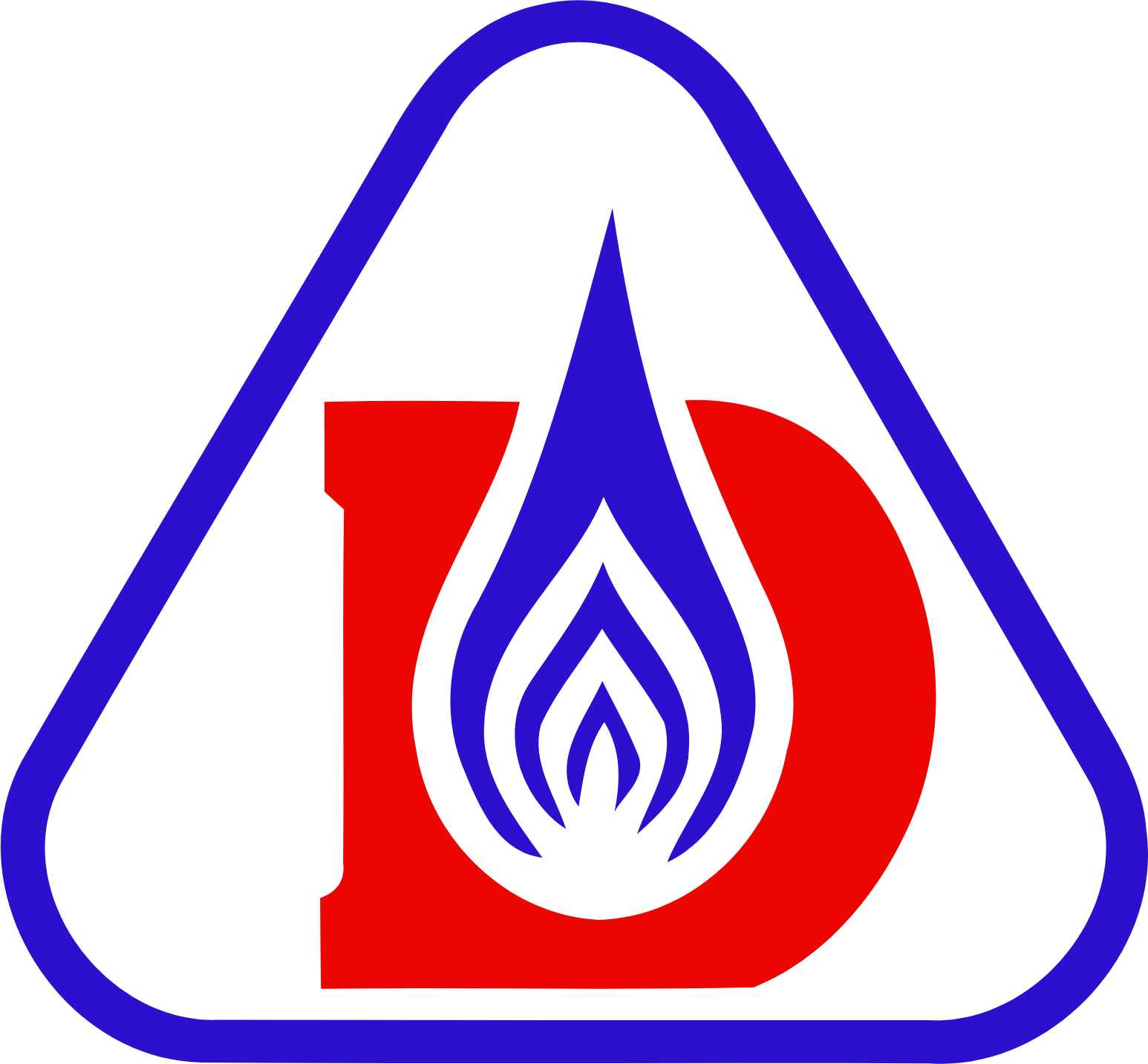Mill Operator
About This Job
•
Qualifications:
•
Highschool diploma/GED
•
Three years of experience as Mill Operator
•
The three years of experience must be experience with: manufacturing mill processes, procedures, and welding operations; pipe mill operation; operating Oil Country Tubular Goods (OCTG) Pipe Mill; operating automated equipment.
•
Manual dexterity required for operating machinery, hand tools, and handheld technical devices.
•
Work requires lifting, pulling and/or pushing of materials and products up to 50 pounds.
•
Standing and walking considerable distances.
•
Operation requires the use of personal protective equipment (PPE) to include but not limited to: eye safety glasses, hearing protection, work boots, and hardhats.
•
Loose-fitting clothes and jewelry are not permitted.
•
Responsibilities/Activities:
•
Examine, inspect, and measure raw materials and finished products to verify conformance to specifications.
•
Adjust and correct machine set-ups to reduce thicknesses, reshape products, and eliminate product defects
•
Direct and train other workers to change rolls, operate mill equipment, and put on/remove induction coil.
•
Manipulate controls and observe dial indicators in order to monitor, adjust, and regulate speeds of machine mechanisms.
•
Mill schedules to determine setup specifications, work sequences, product dimensions, and installation procedures.
•
Fill out necessary quality assurance forms.
•
Check, measure, and record size of strip at different stand locations.
•
Must maintain a routine for greasing all the rolls to ensure long life cycle for rolls.
•
Review work orders and specifications to determine materials needed to be processed.
•
Set distance points between rolls, guides, meters, and stops, according to specifications.
•
Controlling operations of equipment or systems. Install equipment such as guides, guards, gears, cooling equipment, and rolls, using hand tools.
•
Record mill production on schedule sheets.
•
Paint or mark the pipe to show the scrap pipe length to be cut at the cut-off.
•
Monitor the Mill tools used during production and replace if necessary.
•
Assist in Minor Maintenance repairs as needed.
•
Troubleshooting - Determining causes of operating errors and deciding what to do about it.
•
Has the authority to stop mill operation at any time that is deemed necessary for reasons of safety, quality, or priority.
Similar Jobs
Trending Jobs
Nuclear Technical Intern - Mid Atlantic
Constellation
Lusby, MD
24 days ago
Apprentice Lineman
Brink Constructors, Inc.
Rapid City, SD
23 days ago

Deckhand (Houston)
John W. Stone Oil Distributor, LLC
Houston, TX
24 days ago

Electrical Engineer
Dudley Staffing
$55 - $75
Canonsburg, Pennsylvania
3 months ago

Sr. Landman
Dorchester Minerals, L.P.
Dallas, Texas
10 days ago
Director, Financial Planning & Analysis - Energy (Enterprise)
Pilot Thomas Logistics
Grapevine, TX
24 days ago

Quality Engineer
Jedco Inc.
Grand Rapids, MI
18 days ago
Solar Electrician
MN8 Energy
California, United States
22 days ago
Gas Foreman
Peak Utility Services Group
Lawton, OK
23 days ago

Sr. Polymer Scientist
ExxonMobil
Baytown, TX
22 days ago
Apprentice Lineman I
San Patricio Electric Cooperative, Inc.
Sinton, TX
8 days ago
SD
Service Manager
Supertech Diesel Truck Specialists
Langley, BC
21 days ago

Finishing Helper Entry Level- Dayshift
Bonnell Aluminum
$41600 - $41600
Carthage, TN
18 days ago
Apprentice Line Worker I
Tampa Electric
Ruskin, FL
30 days ago
Meter Technician
ONEOK
Odessa, TX
24 days ago

Apprentice Power Lineman
Proline Power Corp.
Red Deer, AB
28 days ago

contract landman
HPS Oil & Gas Properties
Lafayette, Louisiana
about 2 months ago
SD
Service Manager
Supertech Diesel Truck Specialists
Nanaimo, BC
21 days ago

Assembler/Production
Uptalent
$37440 - $49920
Oklahoma City, OK
17 days ago
Senior Investigator
Dominion Energy
Norfolk, VA
24 days ago